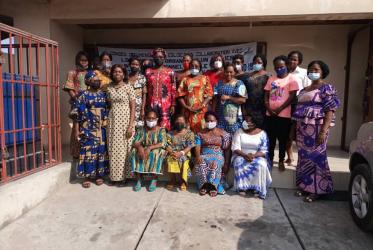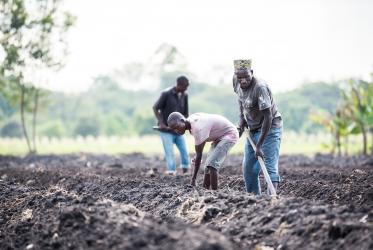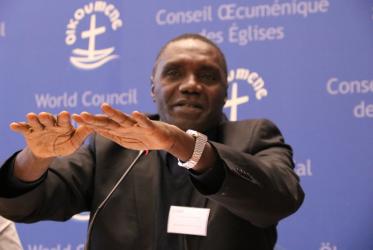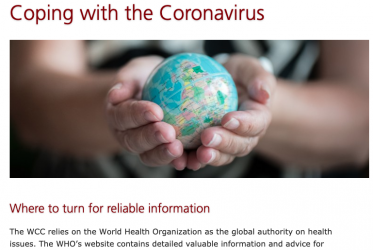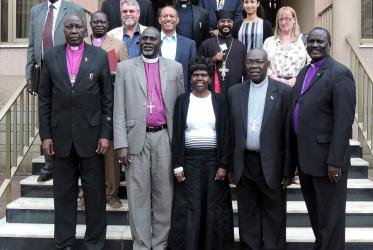Displaying 1 - 18 of 18
Agreement works toward food security in South Sudan
23 February 2019
Applications open for WCC Eco-School
10 May 2017
Youth engagement fundamental to HIV response
18 April 2017
UN discussion focuses on women, HIV and property rights
21 March 2017

